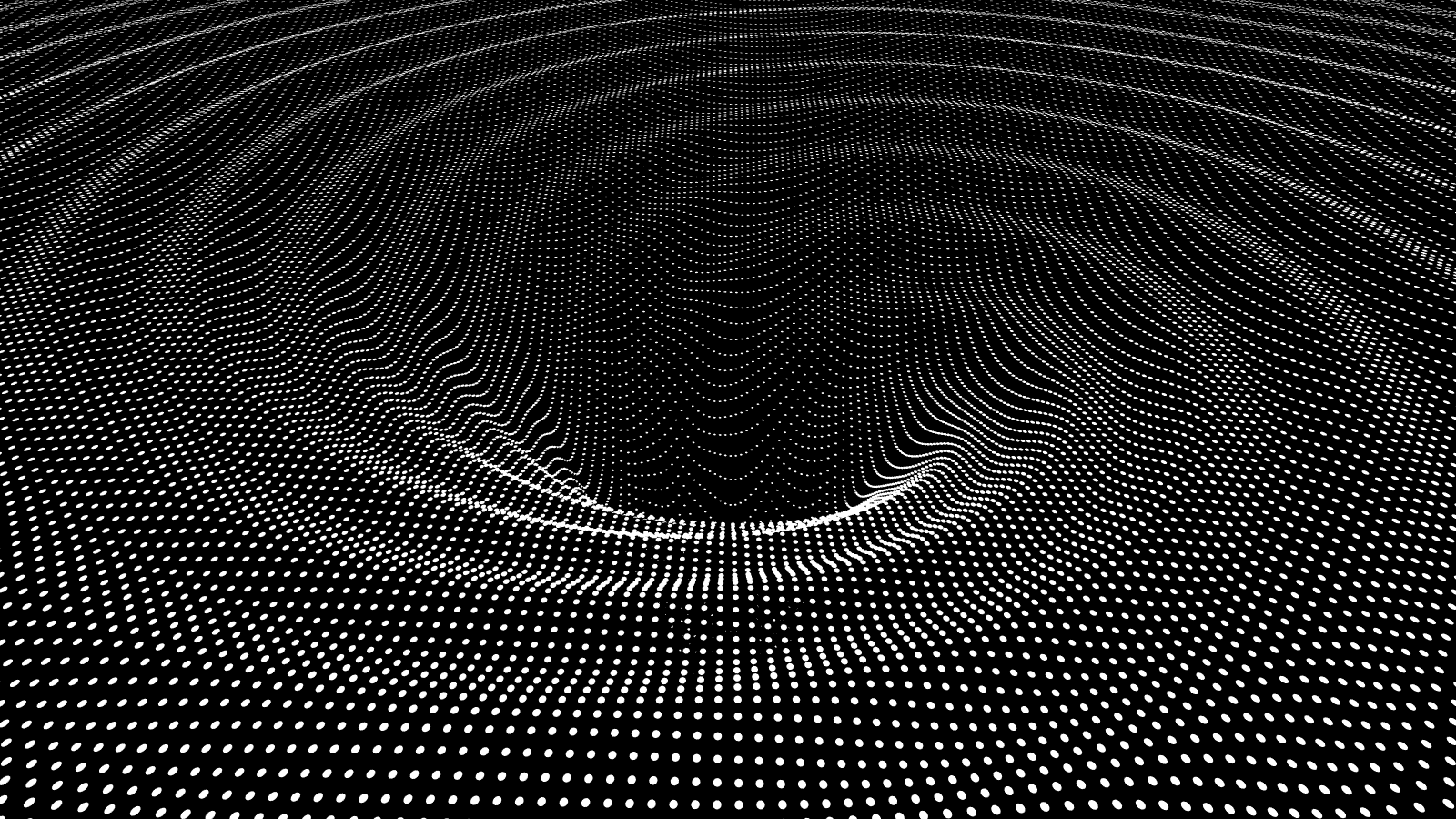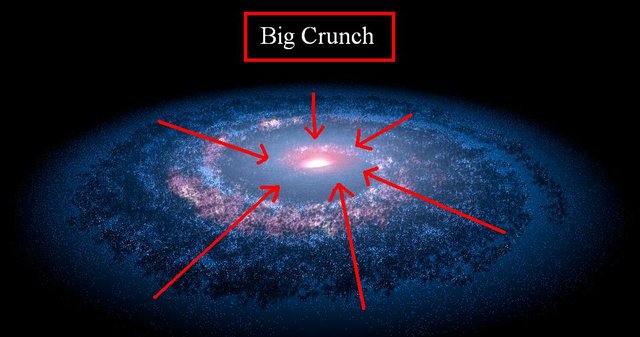Are we sure that the universe started at the Big Bang?

Source
In the 1920s Edwin Hubble, who before being a telescope was a man, discovered among other things that galaxies are moving away from each other, that is, that the universe is expanding.
With this information, the Belgian Georges Lemaitre, who curiously was a priest, thought that if he was expanding that meant that it would have had a beginning, in what later the physicist Fred Hoyle would call, in a mocking tone, the "Big Bang".
As a result, scientists began to mathematically "rewind" the expansion of the universe as if it were a video film, trying to understand the beginning.
This happened almost 100 years ago and after arduous research, today's scientists are able to explain what happened during the first millionth of a millionth of a millionth (thus up to 6) of a second (10E-36).

Source
But this is all that can be done using Einstein's theory of relativity, which is the one that explains how the universe works but up to a certain scale.
As we approach instant 0, the principles of classical physics stop working and quantum phenomena begin to appear, extremely complex to handle.
Since we cannot reach instant 0, we cannot know the conditions prior to the Big-Bang and therefore we will only be able to know when the expansion began but not if it was the origin of the universe.

Source
Some scientists maintain that the expansion will lose strength until gravity returns to attract the universe and it begins to shrink in what is known as "Big Crunch".
Once the end (beginning) is reached, the universe will "bounce" and expand again in an infinite cycle, in what has been called the "Big Bounce".
In short, that the universe would always be the same but inflating and deflating like a balloon in the hands of a child.


Versión en español